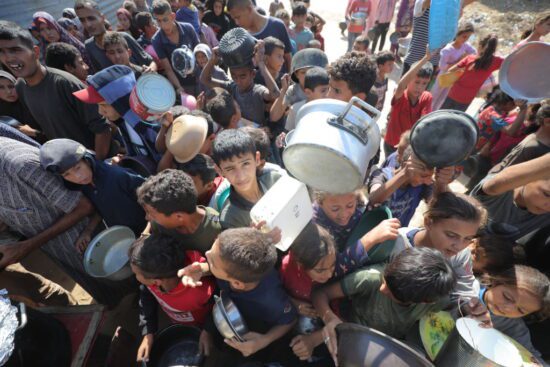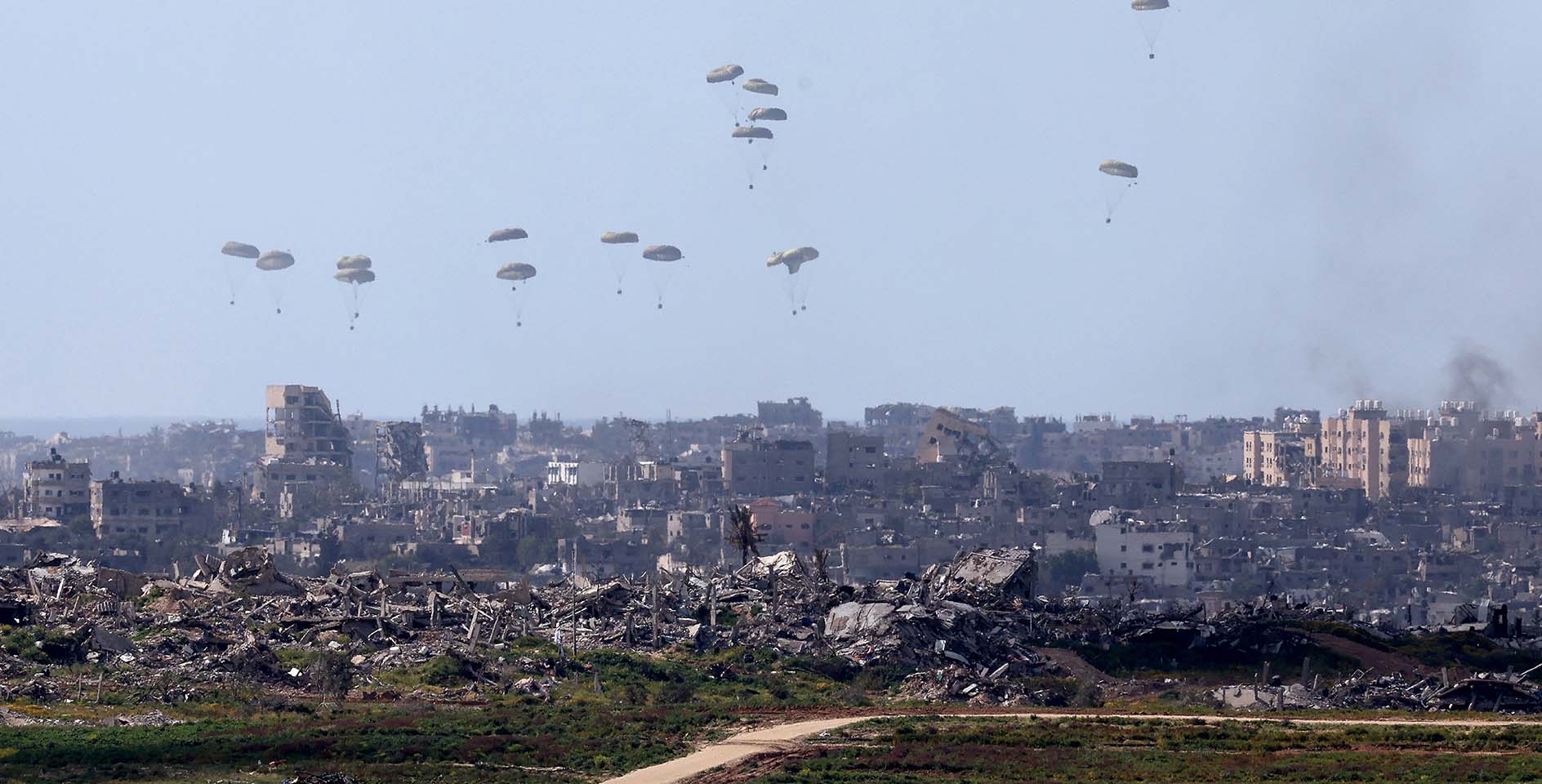Since November, the Ethiopian government and a regional military group have been engaged in a struggle for power and control over Tigray, the northern region of Ethiopia. On June 28, rebels known as the Tigray Defense Forces occupied Mekelle, Tigray’s capital city, following the retreat of Ethiopian government troops, marking a major shift in the country’s ongoing civil war. Tigrayan leaders claim to be fighting for the restoration of their regional autonomy, guaranteed under Ethiopia’s constitution as a part of its governing system of ethnic federalism, while Ethiopian Prime Minister Abiy Ahmed seeks to preserve the country and its developing democracy.
How long has the conflict been going on, and why?
Tigray has been occupied by Ethiopian military occupation and denied communications through the internet for eight months in an effort to isolate the rebellion. The national military invaded the region in conjunction with the national army of Eritrea, Ethiopia’s northern neighbor, in order to take control from the regional government known as the Tigray People’s Liberation Front, a longstanding political party. However, the Tigray Defense Forces have been reorganizing their armies to push back against the occupation, an effort that has escalated in the past week with their counterattack on Mekelle.
For many months investigations on the conflict in Tigray were inconclusive because the Ethiopian government blacked-out communications from the region. The only commmunications from northern Ethiopia reported continued combat as well as growing reports of atrocities such as rape and civilian killings. Now, it is clear that Tigrayan forces are on the counterattack.
What specific events led up to the occupation shift in Mekelle?
A deadly incident occurred on Tuesday, June 22, when a government airstrike killed dozens of people in a market in Tigray. Tigrayan forces would strike back a day later by shooting down an Ethiopian Air Force C-130 cargo plane over Mekelle. Ethiopian forces have since abandoned many strategic posts throughout southern Tigray, and thousands of their soldiers have been claimed to be captured by the Tigrayan military.
On Monday, June 28, the Ethiopian government announced it had called a unilateral cease-fire in Tigray, but it wasn’t clear if Tigrayan forces accepted the measure. Throughout the rest of the day, Ethipoian forces were spotted in vehicles leaving Mekelle. Later that afternoon, the interim government’s headquarters in Tigray were empty as federal police officers were seen boarding buses outside of the building. The strategy of the Ethiopian government is unclear, but nonetheless, Tigray is gaining ground.
How are Ethiopians and others reacting to this conflict?
The powerful advances of the Tigray Defense Forces are stripping the authority and credibility of Abiy Ahmed, Ethiopia’s prime minister. Ahmed, a 2019 Nobel Peace Prize winner, has been primarily concerned with democratising Ethiopia since beginning his position in 2018. Seven months into the civil war, his country is only becoming more divided. Christopher Clapham, an expert on Ethiopia at Cambridge University, believes the democratic efforts of Ahmed need a stronger coalition as a foundation for a new structure of the country. Drastic shifts through one prime minister could explain some of the backlash.
When Mekelle changed hands from Ethiopian occupation to Tigray Defense Forces, the city erupted in a celebration, complete with flags and fireworks. According to The New York Times, one passionate Tigrayan resident declared: “They invaded us. Abiy is a liar and a dictator, but he is defeated already. Tigray will be an independent country!”
Residents of Ethiopia, as well as international onlookers, are concerned that the new government will reject any outsiders and cause humanitarian crises as institutions are undermined by war. Ethiopia is briefing diplomats from Britain, Germany, Spain, and the United States on the potential for continued conflict as it seeks to preserve the Ethiopian federation. Although Tsadkan Gebretensae, commander of the Tigray Defense Forces, has called for a negotiated ceasefire in principle, he quickly followed that call by stating: “if there is no other choice, then the next choice will be: try to resolve [the war] militarily.”
Pray for peace in Ethiopia, for the protection of its citizens, and for Christians to be able to minister to the physical and spiritual needs around them with the hope of Christ.
ERLC intern Ethan Lamb contributed to this article.









